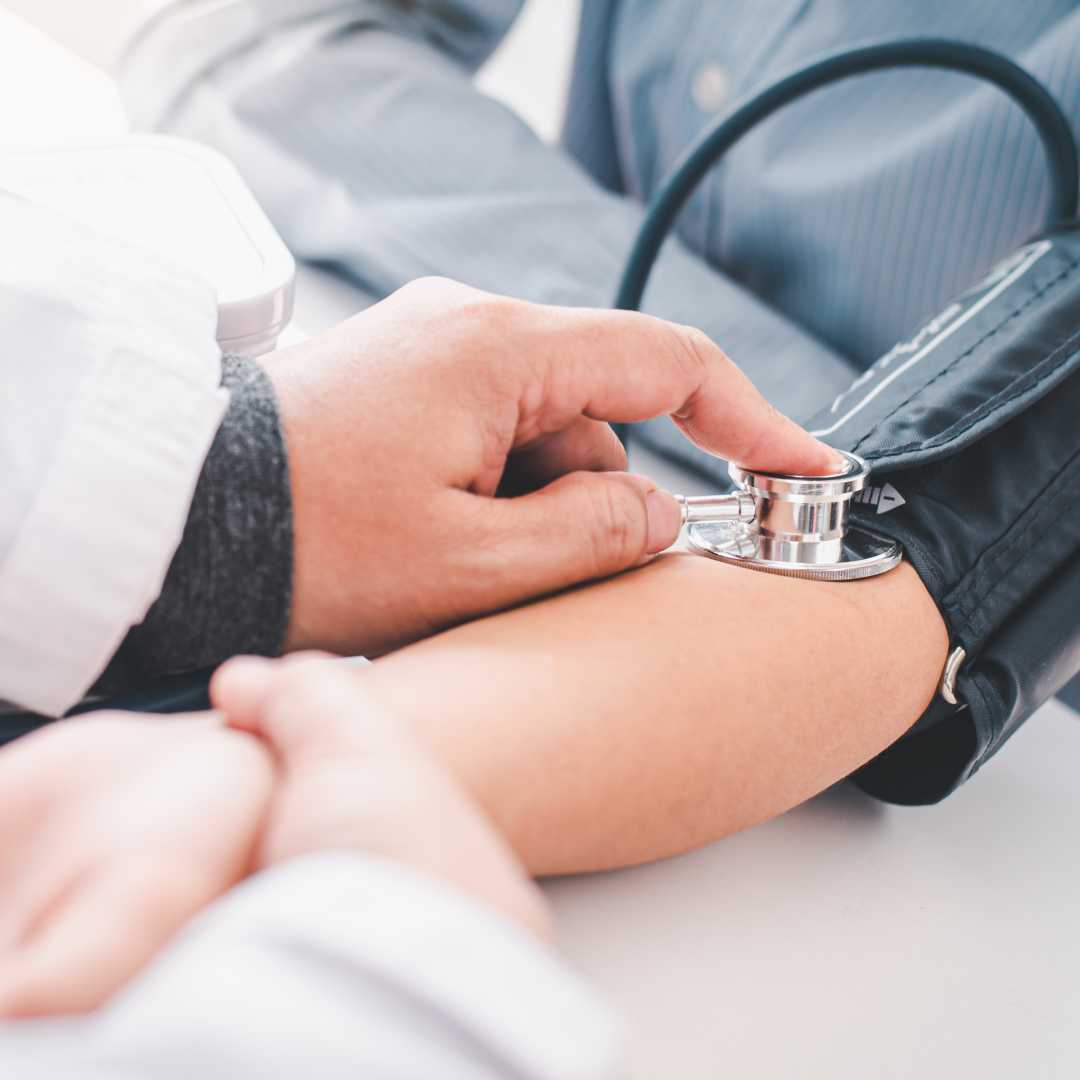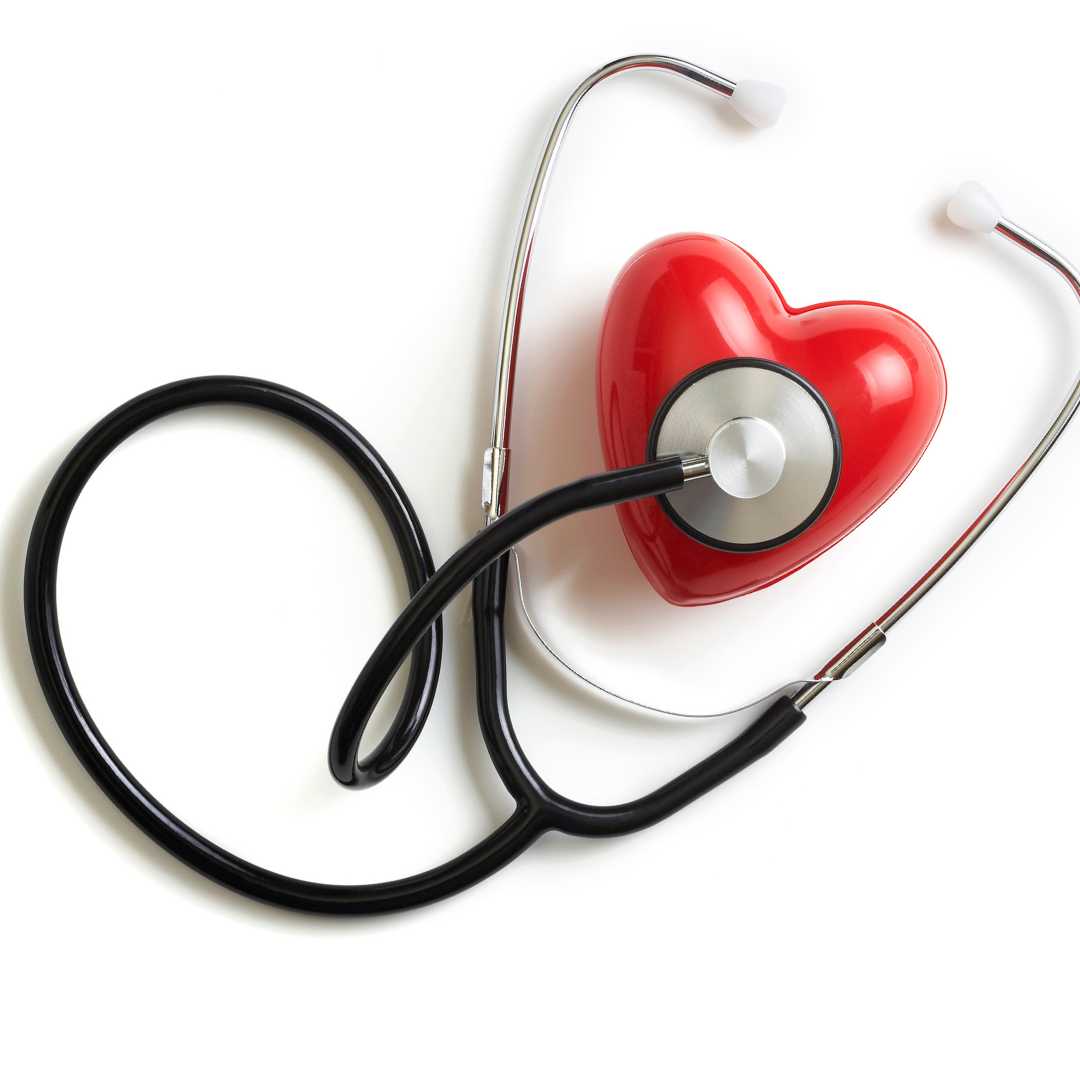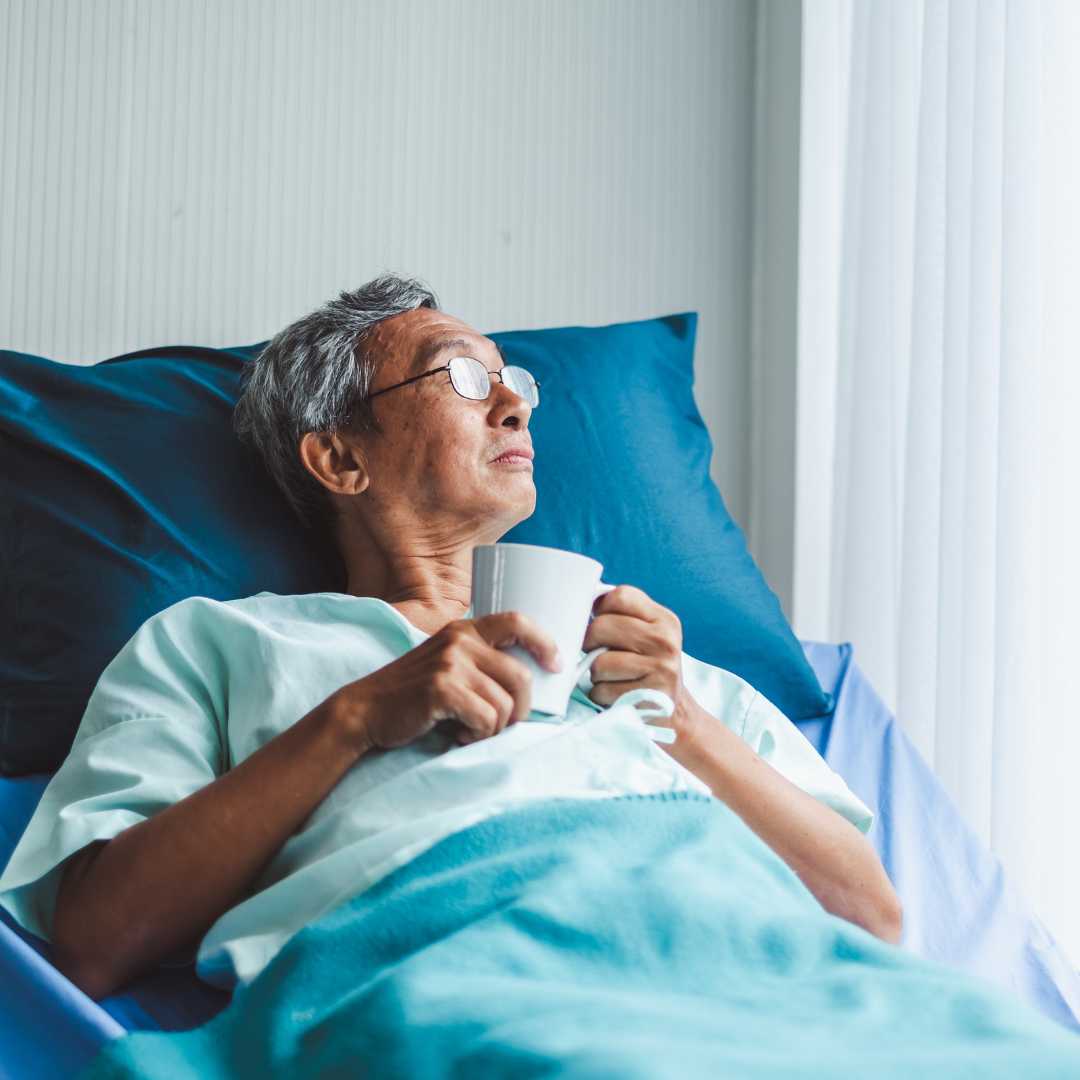
Invest in Your Health - A Guide to Executive Checkups Abroad
In today's fast-paced world, your health is your most valuable asset. For busy executives, entrepreneurs, and professionals, staying on top of your well-being isn't a luxury it's a necessity for peak performance and long-term success. However, finding the time and resources for a comprehensive health evaluation can be challenging. This is where an Executive Health Checkup comes in, offering a deep dive into your current health status.
An Executive Health Checkup is more than just a routine physical. It's a proactive and thorough series of diagnostic tests, screenings, and consultations designed to identify potential health risks before they become serious problems. Think of it as a 360-degree audit of your body, providing you with a clear roadmap for a healthier future.
Increasingly, savvy individuals are looking beyond their borders and combining this essential screening with travel. Medical tourism for executive health checkups offers a powerful two-for-one: world-class medical care from internationally accredited facilities at a fraction of the cost you'd pay at home. It's an investment in your health that is both intelligent and efficient.
What Exactly is Included in an Executive Health Checkup?
An Executive Health Checkup is designed to be exhaustive. While packages vary between hospitals and countries, a comprehensive program generally covers all major systems of the body. It moves far beyond the standard temperature and blood pressure checks to give you a complete picture.
Here’s a breakdown of what you can typically expect:
- Vitals and Physical Examination: A thorough review by a physician, including BMI, blood pressure, and a physical assessment.
- Comprehensive Blood & Urine Analysis: This includes a complete blood count (CBC), liver function tests, kidney function tests, lipid profile (cholesterol), blood sugar levels, and thyroid function.
- Cardiac Health Assessment: An Electrocardiogram (ECG) to check your heart's rhythm and an Exercise Stress Test (Treadmill Test) to evaluate its performance under pressure.
- Radiology and Imaging: A chest X-ray to examine your lungs and heart, and ultrasounds of the abdomen and pelvis to screen organs like the liver, gallbladder, kidneys, and pancreas.
- Cancer Marker Screenings: Blood tests to detect specific markers for common cancers, such as PSA for the prostate (in men) and Pap smear for the cervix (in women). Mammograms are also common.
- Specialist Consultations: The package usually concludes with consultations with specialists like a cardiologist, dietitian, and primary care physician to discuss your results and create a personalized wellness plan.
Are There Different Types of Executive Health Checkup Packages?
Hospitals recognize that not everyone needs the same level of screening. To cater to diverse needs, they typically structure their checkups into several packages. This allows you to choose a plan that aligns with your age, medical history, lifestyle, and budget.
The common types of packages include:
- Basic or Essential Packages: Aimed at younger individuals (under 40) with no known health issues. They cover fundamental blood tests, a physical exam, chest X-ray, and an ECG.
- Comprehensive or Advanced Packages: Designed for individuals over 40 or those with specific risk factors. These include everything in the basic package plus a stress test, abdominal ultrasound, and more extensive cancer marker screenings.
- Gender-Specific Packages: These packages include targeted tests. For women, this may mean a mammogram, Pap smear, and consultation with a gynecologist. For men, it often includes a PSA test and prostate screening.
- Premium or Elite Packages: The most exhaustive option. These may include advanced imaging like CT scans for calcium scoring (heart), whole-body MRI, genetic marker tests, and consultations with a wider range of specialists.
Who is the Ideal Candidate for an Executive Health Checkup?
While anyone can benefit from a detailed health screening, these checkups are particularly valuable for certain groups. The core idea is prevention, so it’s for people who want to stay ahead of potential health issues, not just react to them.
You should strongly consider an executive health checkup if you:
- Are a busy professional or executive with a high-stress lifestyle. Stress can silently contribute to various health problems, including heart disease and hypertension.
- Are over the age of 35. The risk for many lifestyle and age-related diseases begins to increase around this time.
- Have a family history of conditions like heart disease, diabetes, cancer, or stroke. A checkup can help identify your personal risk level.
- Lead a sedentary lifestyle or have lifestyle habits like smoking or poor diet that you want to manage better.
- Simply want a baseline understanding of your health to make informed decisions about your future wellness journey.
Why Should I Travel Abroad for a Health Checkup?
The concept of traveling for a health checkup might seem unusual at first, but the benefits are compelling. Medical tourism is a booming industry precisely because it offers a combination of quality, affordability, and accessibility that is often hard to find at home.
The main advantages include:
- Cost-Effectiveness: The most significant driver. You can receive a more comprehensive checkup abroad for the price of a basic one in countries like the US or UK.
- Access to World-Class Facilities: Top medical tourism destinations boast JCI (Joint Commission International) accredited hospitals, which meet the highest global standards of care and patient safety.
- Advanced Technology: These hospitals often invest in the latest diagnostic equipment, giving you access to cutting-edge technology.
- No Waiting Lists: You can schedule your checkup at your convenience without the long waits common in many national healthcare systems.
- Efficiency and Privacy: The entire process is often completed in a single day in a highly efficient, patient-centric environment, ensuring privacy and comfort.
How Much Can I Save with an Executive Health Checkup Abroad?
The cost difference is staggering and is the primary reason many choose medical tourism. This disparity is not due to lower quality but to differences in labor costs, operational expenses, and government policies. You receive the same, if not better, level of care and technology for a fraction of the price.
Let's look at a comparison of estimated costs for a comprehensive executive health package:
| Country | Estimated Cost (USD) |
|---|---|
| USA | $2,500 - $10,000+ |
| United Kingdom | $2,000 - $6,000 |
| UAE (Dubai) | $1,500 - $4,000 |
| Thailand | $500 - $2,000 |
| India | $300 - $1,500 |
As the table shows, the savings can easily cover the cost of flights and accommodation, leaving you with extra funds and a valuable health assessment.
Which Countries Offer the Best Executive Health Checkup Programs?
Several countries have carved out a reputation as leaders in medical tourism, especially for preventive health. They offer a winning combination of excellent medical infrastructure, experienced professionals, and a strong focus on international patients.
- Thailand: Known for its world-renowned hospitals like Bumrungrad International and Bangkok Hospital, Thailand offers luxurious, hotel-like medical facilities and highly efficient checkup programs.
- India: A hub for affordable, high-quality healthcare, India has a vast network of accredited hospitals in cities like Delhi, Mumbai, and Bangalore, offering some of the most cost-effective packages globally.
- Malaysia: With strong government support for medical tourism, Malaysia provides excellent value with modern hospitals, English-speaking staff, and transparent pricing.
- South Korea: A leader in medical technology and innovation, South Korea offers incredibly detailed and advanced screening programs, particularly in cancer detection.
- Turkey: Strategically located between Europe and Asia, Turkey offers JCI-accredited hospitals with competitive pricing and experienced doctors.
How Do I Choose a Reliable International Hospital for My Checkup?
Choosing the right facility is the most critical step in your medical tourism journey. Your focus should be on quality and safety. A medical tourism facilitator like PlacidWay can help you vet and connect with trusted providers, but here are key factors to consider:
- Accreditation: Prioritize hospitals accredited by the Joint Commission International (JCI). This is the gold standard for patient safety and healthcare quality worldwide.
- International Patient Department: A dedicated department for international patients is a great sign. It means they are experienced in handling everything from language support and visa assistance to airport transfers.
- Transparency in Pricing: Reputable hospitals will provide clear, all-inclusive package details with no hidden costs.
- Patient Reviews and Testimonials: Look for feedback from previous international patients to gauge their experience with the hospital's services and staff.
- Physician Credentials: Research the qualifications and experience of the doctors who will be conducting the consultations.
How Should I Prepare for My Health Screening?
Proper preparation is key to ensuring your test results are accurate. The hospital will provide you with a detailed list of instructions, but most guidelines are universal. Following them closely will make the process smoother and the results more reliable.
Common preparation steps include:
- Fasting: You will likely be asked to fast (no food or drink, except water) for at least 8-12 hours beforehand. This is crucial for accurate blood sugar and cholesterol readings.
- Medication: Inform the hospital of any regular medications you take. They will advise if you need to pause any of them.
- Avoid Alcohol and Smoking: Refrain from alcohol for at least 24 hours before the checkup, as it can affect test results.
- Comfortable Clothing: Wear loose, comfortable clothes and walking shoes, as you may need to do a treadmill stress test.
- Bring Medical History: If you have previous medical records, reports, or a list of current medications, bring them with you.
How Long Does a Full Executive Health Checkup Take?
One of the major advantages of doing a checkup at a top international hospital is efficiency. These facilities are designed to guide you seamlessly from one test to another, minimizing wait times. They usually have a dedicated wing or floor for health screenings, with all the necessary equipment and specialists in one place.
A typical timeline looks like this:
- Morning (Fasting): Arrival and registration, followed by blood and urine sample collection.
- Mid-Morning: Proceed to imaging tests like X-rays and ultrasounds.
- Late Morning: Cardiac evaluations, including ECG and the treadmill stress test.
- Afternoon: Specialist consultations to review the preliminary results and discuss your health.
You will often leave with a preliminary report and a full, detailed report is typically sent to you digitally within a few days.
What Happens After the Executive Health Checkup?
The checkup doesn't end when the tests are done. The most valuable part is the follow-up. Your results are compiled into a comprehensive file, which is much more than just numbers on a page. It's a personalized health dossier.
The post-checkup process includes:
- Detailed Medical Report: A folder or digital file containing the results of every test, often with explanations of what each parameter means.
- Final Consultation: A one-on-one session with a doctor who will walk you through the report. They will highlight areas of concern, explain your risk factors, and answer all your questions.
- Actionable Wellness Plan: Based on your results, the doctor will provide personalized advice on diet, exercise, stress management, and any necessary follow-up treatments or screenings.
- Digital Access: Many hospitals provide a secure online portal where you can access your results anytime, making it easy to share with your doctor back home.
Can I Combine My Health Checkup with a Vacation?
This is one of the most appealing aspects of medical tourism. The entire process is built for convenience. You can dedicate the first day of your trip to your health and then spend the rest of the time relaxing and exploring. Many top medical destinations are also premier tourist spots.
Imagine completing your health screening in Bangkok and then spending a week on the beaches of Phuket. Or having your checkup in Istanbul and then exploring the city's rich history. This "health-cation" model allows you to return home not only with peace of mind about your health but also feeling refreshed and rejuvenated from a well-deserved break.
What's the Process for Arranging a Medical Trip for a Health Checkup?
Arranging a medical trip is straightforward, especially with expert assistance. The process generally follows these steps:
- Research & Consultation: Start by identifying your needs. A medical tourism platform like PlacidWay can provide you with options for different countries and JCI-accredited hospitals.
- Select a Package & Schedule: Review the available health checkup packages and choose the one that best suits you. The hospital's international patient department will help you schedule a convenient date.
- Book Travel & Accommodation: Once your appointment is confirmed, you can book your flights and hotel. Many hospitals have partnerships with nearby hotels and can assist with bookings.
- Visa and Documents: Ensure your passport is valid and check the visa requirements for your chosen country. The hospital can provide a letter of appointment to support your visa application if needed.
- Travel and Checkup: Travel to your destination, where the hospital's team will often assist with airport pickup. Attend your scheduled checkup, which is a smooth and guided process.
- Receive Results & Enjoy: Receive your health report and consultation, and then enjoy the rest of your trip with the confidence that you've made a smart investment in your well-being.
Take Proactive Control of Your Health with PlacidWay
Ready to make your health a top priority without breaking the bank? Your journey to long-term wellness starts now. Explore elite international hospitals, compare comprehensive health checkup packages, and get a free, personalized quote with PlacidWay. Let us handle the details of your medical travel, so you can focus on what matters most your health. Start your wellness journey today!










Share this listing